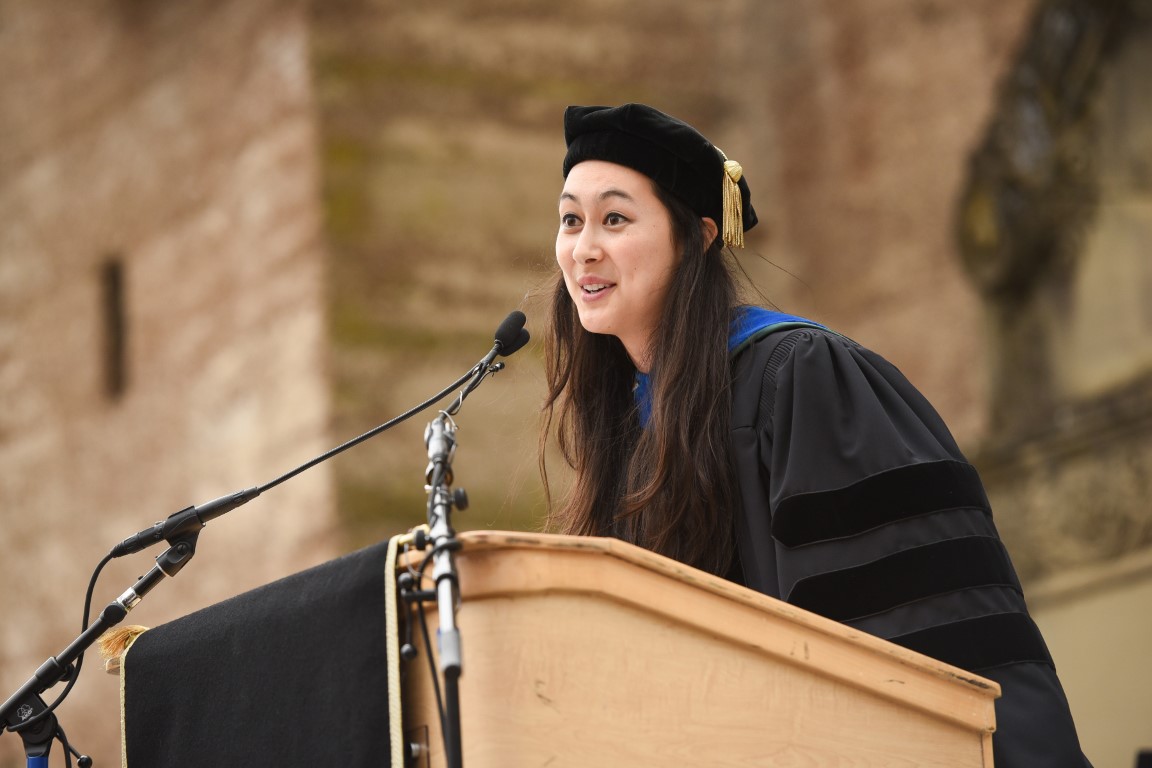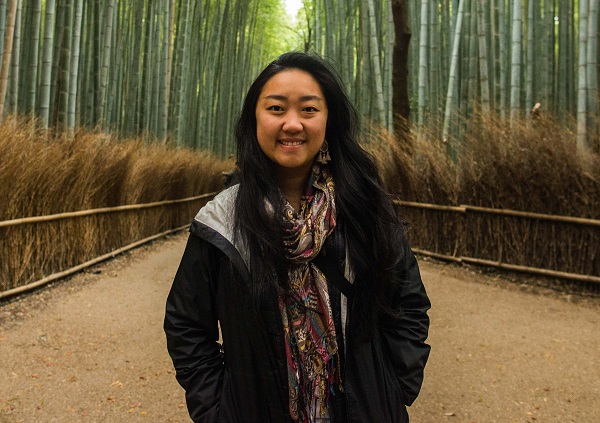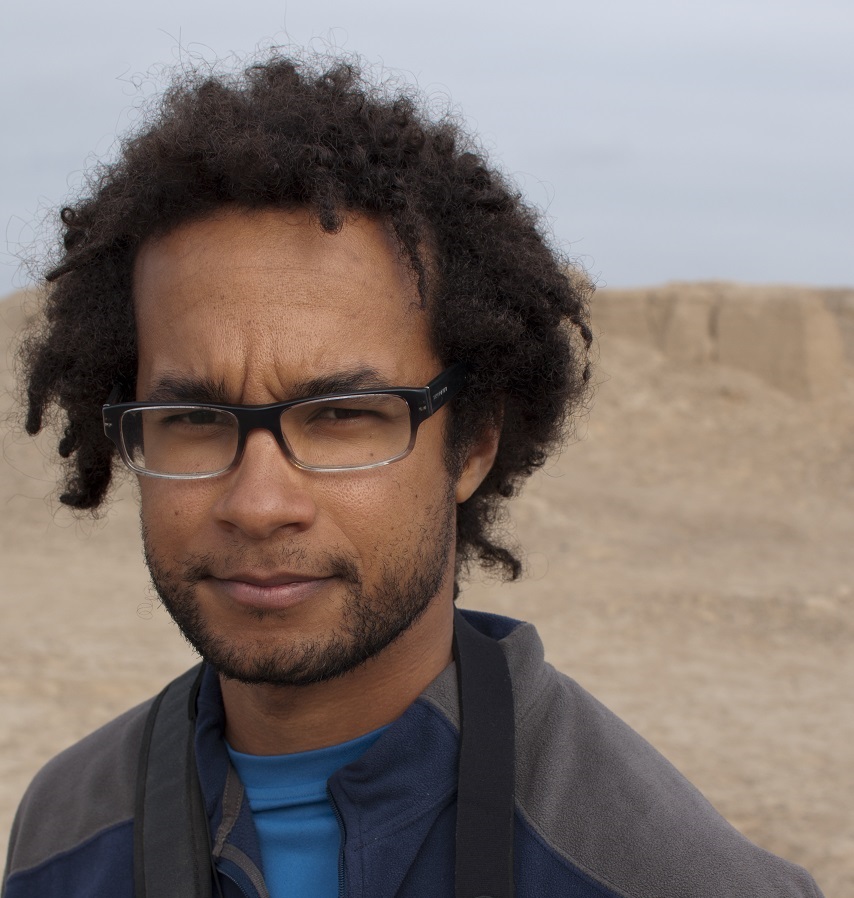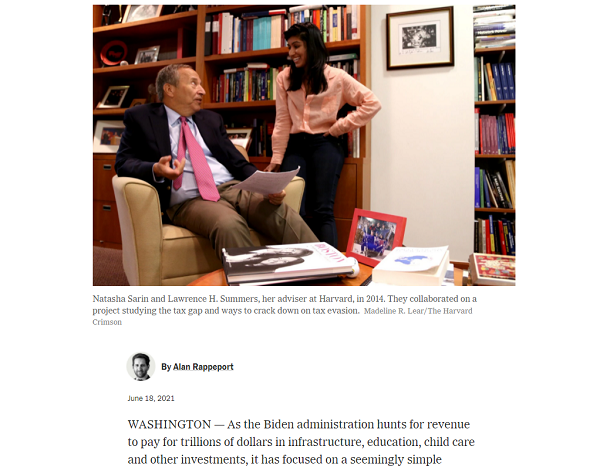Tanya Schmidt ’07 was recently named one of the two winners of the 2022 Anne Lake Prescott Graduate Student Conference Paper Prize by the International Spenser Society.
Class of 2007
Alumna produces virtual concerts for St. Louis Symphony Orchestra
Audrey Kwong ’07, a Harker Conservatory graduate who currently works as artistic operations manager for the St. Louis Symphony Orchestra, has been producing virtual concerts during the COVID-19 pandemic.
Published research by Jacob Bongers ’07 receives extensive coverage
The latest article by Jacob Bongers ’07, “Assembling the Dead,” was recently published in the archaeological journal “Antiquity.”
Natasha Sarin ’07, now working in the Biden administration, featured in NYT
Last week, Natasha Sarin ‘07 was featured in a piece by The New York Times, which focused on her work in President Joe Biden’s…



